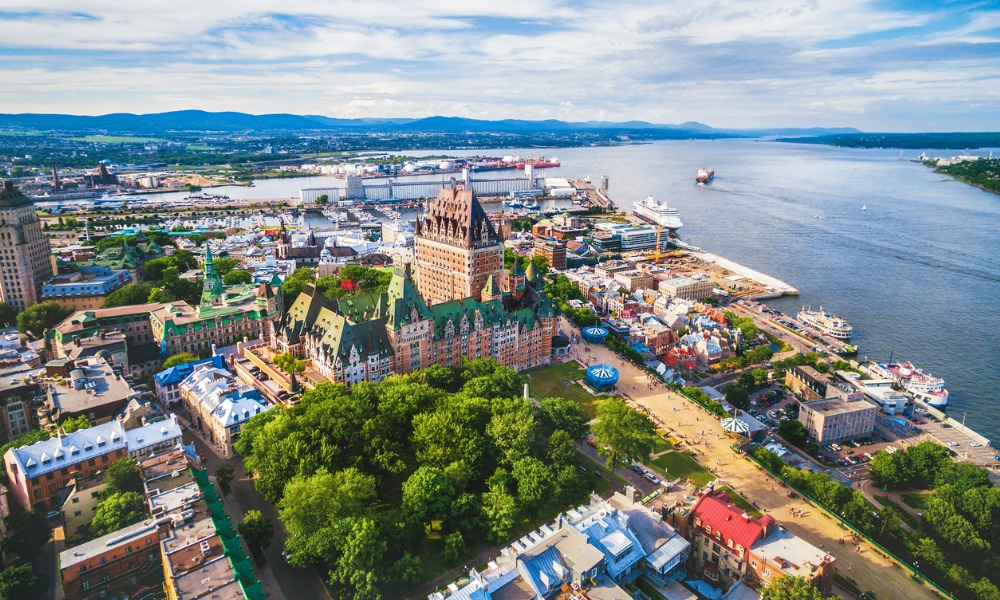
'I have a responsibility to history, to protect and to continue this 400-year journey of a Francophone nation'

Quebec’s Premier Francois Legault is looking to ensure that all of those migrating to the Canadian province will celebrate its French roots.
Legault has introduced strict new requirements mandating nearly all immigrants to Quebec to be able to speak and write in French, according to a report from Radio Canada International (RCI), CBC/Radio-Canada's multilingual service.
“My first responsibility as premier of Quebec is to make sure that our identity is protected,” Legault said at a press conference Thursday afternoon at the National Assembly, according to the report.
“I am the only head of state in America who represents a majority of French speakers, so I have a responsibility to history, to protect and to continue this 400-year journey of a Francophone nation,” he said.
The requirements include:
The goal of the plan is to have 100 per cent of economic immigrants to the province be able to speak French and write French, says Legault in the report.
"For many years now, we see year after year, the percentage of francophones in Quebec decreasing," the premier said in a CBC report.
"I think if we want to make sure long term that we still speak French in Quebec, it's important that we stop this decrease and start seeing an increase."
In mid-2022, Quebec passed Bill 96, An Act respecting French, the official and common language of Québec. The government later set out deadlines for employers who must comply with new requirements to guarantee the use of French language in their workplaces.
Legault also said that his government is looking at either maintaining its annual target of 50,000 immigrants per year until 2027, or gradually increasing the number each year to reach 60,000 immigrants by 2027.
The government will hold public consultations on the two scenarios next fall, according to the CBC report.
Previously, the premier described the latter scenario as "a bit suicidal" during last fall's election campaign, saying it contribute to the decline of the French language in Quebec and "threaten social cohesion”.
In 2022, Ottawa marked a record-breaking year for immigration.
Some stakeholders welcomed the new requirements in Quebec, according to the CBC report.
"It's great news for employers in Quebec," Karl Blackburn, president of Quebec's largest employers group, the Conseil du Patronat du Québec, told CBC in an interview.
In particular, the loosening of restrictions for the PEQ program will add tens of thousands of people to the province's labour market, Blackburn said.
Meanwhile, Véronique Proulx, head of Quebec Manufacturers and Exporters, said that the measure that allows language requirements to be adapted to job categories will help manufacturers.
"It's a positive signal that was eagerly awaited," he said.
However, opposition parties at the National Assembly criticized the plan.
Immigration lawyer Guillaume Cliche-Rivard, QS's immigration critic, described as ironic the Quebec government’s willingness to look at immigration targets over 50,000. Cliche-Rivard’s party called for more than 50,000 immigrants during last year’s campaign.
"They followed our recommendation to a certain extent, but that said it's a broken promise," Cliche-Rivard said. "The CAQ's campaign promise was clear: more than 50,000 immigrants would put the nation in peril, it's suicidal etc.”
Monsef Derraji, Liberal immigration critic ,echoed those thoughts, saying the CAQ broke its promise and is reminding Quebecers of how "messy and unreliable this government is."
In October 2022, businesses across Quebec called on its re-elected government to prioritise the province's fight against labour shortage and address issues surrounding immigration.